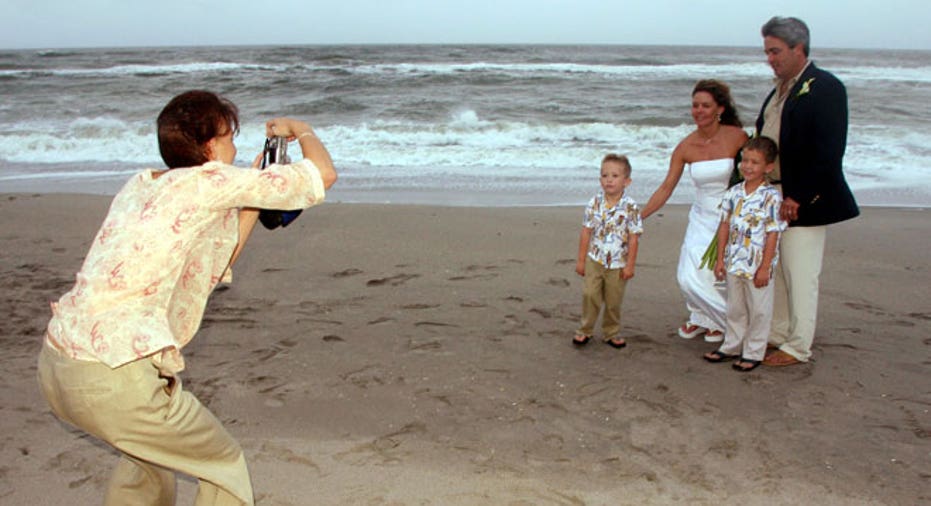After Saying 'I Do', Her Debt Becomes Our Debt

Dear Dave,
I got married in May, and my wife brought student loan debt into the marriage. I had some savings before the wedding, and I could pay this off immediately without putting us in a bind. But is this “her” debt, or should I look at it as “our” debt?
Ernest
Dear Ernest,
Absolutely, you should view it as “our” debt. It came with the territory when you two walked down the aisle.
A lot of people don’t use the old-fashioned marriage vows anymore, but The Book of Common Prayer reads, “… for richer, for poorer, in sickness and health, and unto thee I pledge my worldly goods.” Basically, that means you’re saying, “I’m ready to take a bullet for you. I’m going to do whatever it takes to serve you, and vice versa.” You’re joining your separate lives into one.
In addition to all this, you guys need to be in agreement on how you’re going to handle money. In other words, it all gets worked out together with both of you sitting down and planning your financial future as one. This is called a budget. Like everything else, you work on it together. It’s not a situation where one of you is making all the decisions or bailing out the other.
But if you guys are on the same page—if your relationship is healthy and you’re in agreement about moving forward with shared dreams and goals—then I’d say write the check today and knock out that debt!
-Dave
Dear Dave,
I’ve been unemployed for three months, but recently I received two job offers. One is a state job that would pay $50,000 a year. The other is a one-year contract for a position in Afghanistan that pays $200,000. I know I’d like both jobs, so which would be the smartest choice?
-Nick
Dear Nick,
If it were me, I’d take the state job. I know that any kind of situation with six figures attached to it looks and sounds wonderful, but in my mind we’re talking about a career choice versus risk. Plus, I’m a firm believer in the idea that people make better decisions when they think in terms of 10 years from now rather than 10 or 12 months down the road.
In addition to the risk factor, the biggest problem with the offer in Afghanistan is that once it’s over, it’s over. Then you’re right back where you are now. You may have money in your bank account, but you’re unemployed all over again.
You know, one of the things I’ve noticed over the years is when wealthy people assess a financial opportunity, they almost always think in five-, 10- and 20-year blocks of time. We’re talking long term here. There’s not a whiff of living paycheck to paycheck or “Thank God, it’s Friday. Oh, God, it’s Monday!” on them.
Take the state job and fashion a good, long-lasting career for yourself. Don’t go chasing money on the short term!
-Dave
* Dave Ramsey is America’s trusted voice on money and business. He’s authored four New York Times best-selling books: Financial Peace, More Than Enough, The Total Money Makeover and EntreLeadership. The Dave Ramsey Show is heard by more than 5 million listeners each week on more than 500 radio stations. Follow Dave on Twitter at @DaveRamsey and on the web at daveramsey.com.



















